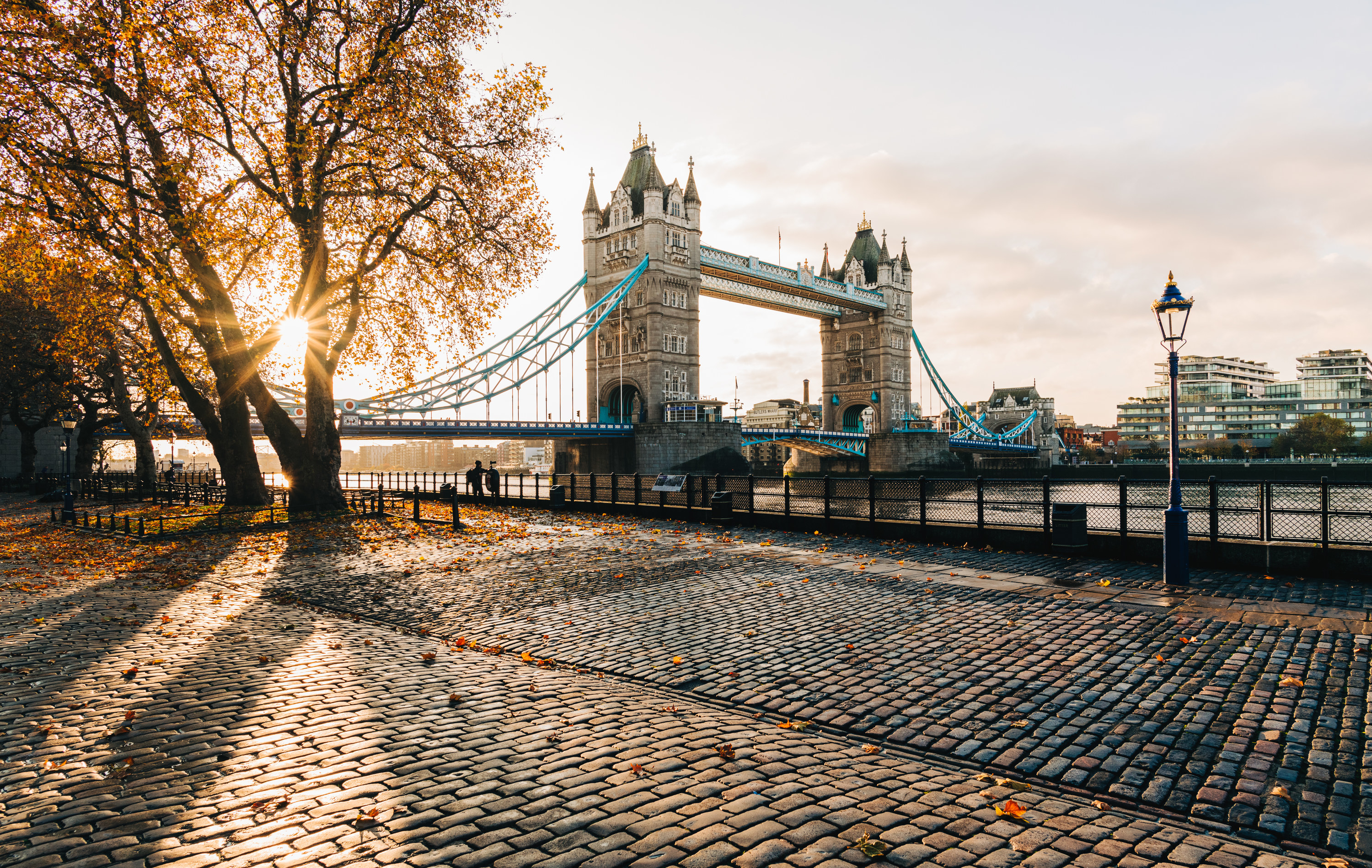This last decade, the US has seen its slowest growth in population as people are waiting longer to have children. According to the New York Times, holding off on having a baby used to be a choice more readily accessible to those in the middle and upper class, but as the ability to seek higher education grows, so does the number of adults deciding to put their careers first.

This is amazing for individuals who want to get their lives on track before thinking about bringing a baby into the world, but it can also be daunting for anyone who faces an inner timeline. You see, the fertility rate among this group decreases after age 35, and one third of couples trying to conceive around that time face fertility issues, the Office of Women's Health reported.

According to Healthline, this can be due to a number of risks that increase with age, including having fewer eggs to work with (which exponentially decrease each year), a rising chance of miscarriage or chromosomal abnormalities, higher chances of poor health conditions that could interfere with having a healthy pregnancy, or an issue with ovaries properly releasing eggs.
So, for those who are considering starting a family later in life, planning options like freezing your eggs is something to consider. And that's exactly what 36-year-old tech marketer–turned–content creator Brittany Allyn has decided to do, and she's been documenting the entire experience on TikTok.
Brittany is an avid traveler, single, and told BuzzFeed that she's spent her early 30s enjoying independence. "I’m in this new-age group of women that has chosen to not get married or have kids by 30," she said.
Now, looking toward the future and knowing she sees kids as a strong possibility, freezing her eggs seemed like the best step.
"Egg freezing is an option for those that think they want to have children one day but aren’t ready right now," Brittany said. "I think it’s such a special opportunity our generation has that allows us to take back some control in our fertility."
"I wanted to [freeze my eggs] to have more peace of mind and almost a form of 'insurance' for having a baby down the road," she said.
"Plus...I always say egg freezing is a good option for your SECOND kid. I think I’ll be able to have a kid naturally by 40, but might need help in my early 40s if I decide to have a second."
And she's not an exaggerating — in the US, freezing your eggs is expensive.
To start, patients are required to take hormones for 10 to 14 days via a self-injection that will stimulate their ovaries into making multiple eggs instead of the usual one released during menstruation. Throughout this time, their doctor will monitor their progress with blood tests, ultrasounds, and other methods nearly daily.
When the eggs are ready for retrieval, the patient is sedated and a needle travels through the vagina and into a follicle (where the eggs are housed). At the tip of the needle is a suction device that collects the eggs.
Immediately afterward, the eggs are kept in subzero temperatures, where they will remain until the patient is ready to use them.
The entire process ends up being between $10,000 to $20,000 in the US depending on the state and clinic. And the storage fee can run you upward of $800 a year.
This does not include future costs of vitro fertilization if or when you decide to use your eggs later on, which can cost around $18,000.

To learn more about insurance coverage for egg retrieval and IVF, BuzzFeed reached out to KindBody, a fertility and wellness clinic with locations across the US, who shared that many companies have begun adopting insurance services that include fertility benefits.
"Benefits including fertility preservation have become a key part of employer benefits packages because they help attract and retain talent, support DEI objectives, and save on healthcare costs," KindBody spokesperson Margaret Ryan told us.
However, this adoption does not appear to be wide enough. According to medical nonprofit KFF, "Many fertility treatments are not considered 'medically necessary' by insurance companies, so they are not typically covered by private insurance plans or Medicaid programs...[and] most patients pay out of pocket for fertility treatment."
In New York City, where Brittany is based, she would have been expected to shell out around $17,000 out of pocket. However, in London, the average cost is between £4,000–£6,000, which is about $4,146–$6,218 in US dollars — about one third the cost. So, after a year's worth of research into reputable clinics and doctors she'd like to work with, the 36-year-old bought a $500 ticket to London with her remote job and started the process.
"In all, including medication, retrieval, and storage, [my total is] around $5,000," Brittany said.

To further save on costs, Brittany has known people who swap apartments with others abroad or split an Airbnb with a friend. For her, though, staying at a friend of a friend's apartment worked best.

In coordination with documenting the process, Brittany has also been sharing tips and mistakes she hopes others can learn from.
Among these suggestions includes arriving a few days before your period, just in case it arrives early, since the egg freezing process typically begins on the second day of menstruation.
Similarly, she suggests staying a few days after retrieval to recover. According to the Pacific Fertility Center, patients are usually discharged two hours after egg retrieval, and many return to their regular schedule within two days.
Notably, any eggs retrieved during Brittany's process will have to remain in London. If or when she decides to use them, Brittany will have to either pay around $1,000 to $6,000 for shipment to the US or return to London — costs she says are worth it, as it still brings her in far under the US total.
The 36-year-old's candidness when it comes to her journey has inspired many viewers who also wish to have a baby one day, just not now. "If I can do this, you can do this. [And] I'm going to do it myself to show that women can do this by themselves," Brittany said in one video, which prompted an outpouring of appreciation.
"Thank you for sharing your journey!" one person wrote. "I would love to do this and your videos are giving me hope."

